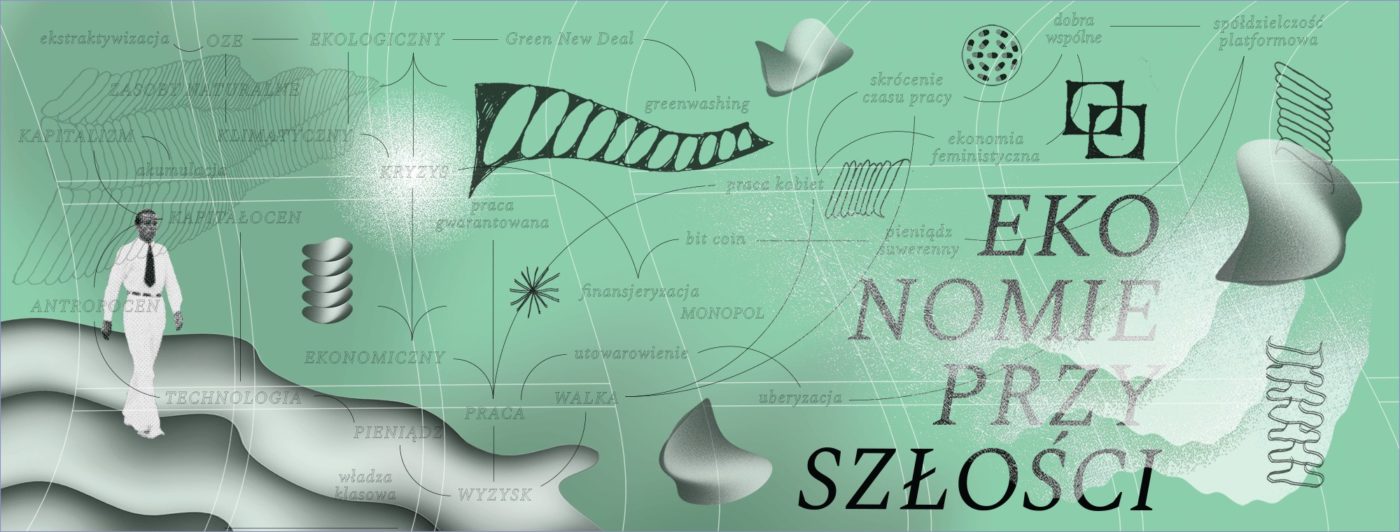Money of the future
dr Paweł Umiński (WZiE Politechnika Gdańska, Fundacja im. Edwarda Lipińskiego)

Bitcoin, altcoin, namecoin, blockchain… Cryptocurrencies promise the new age in the history of money. They ride the wave of liberalisation and deregulation, and operations performed on them offer unparalleled return rates. But what some consider as genuine currency guerrilla, others see as a speculation trap and the harbinger of yet another bubble whose rupture will be much more tangible than electronic money used to play cryptocurrency markets. Does it mean that there is no alternative to central banks which are independent from social needs and create policy always favourable to corporations too big to fall?
Or perhaps the right way is to reject the defeatism of cryptocurrencies and concede that the deregulated monetary system can be transformed more effectively, the same way as it was effectively created several decades ago? This principle underpins the Modern Monetary Theory and experiences of the 2007-2010 financial crisis provide empirical material to confirm it. At the heart of MMT lies the concept of sovereign, state-issued money. Is that a realistic alternative to contemporary monetary policy? Can the application of MMT recommendations be a way to build a new monetary system suitable to the needs and aspirations of societies, and not only the richest 1%? Is it possible to combine control over inflation, emancipation from bond markets, full-time employment and sovereign creation of money?
| Data | Czas | Tytuł | Miejsce | Wstęp |
|---|---|---|---|---|
|
June 16 2020
, 18:00
Tuesday
|
18:00 |
Money of the future |
online |

